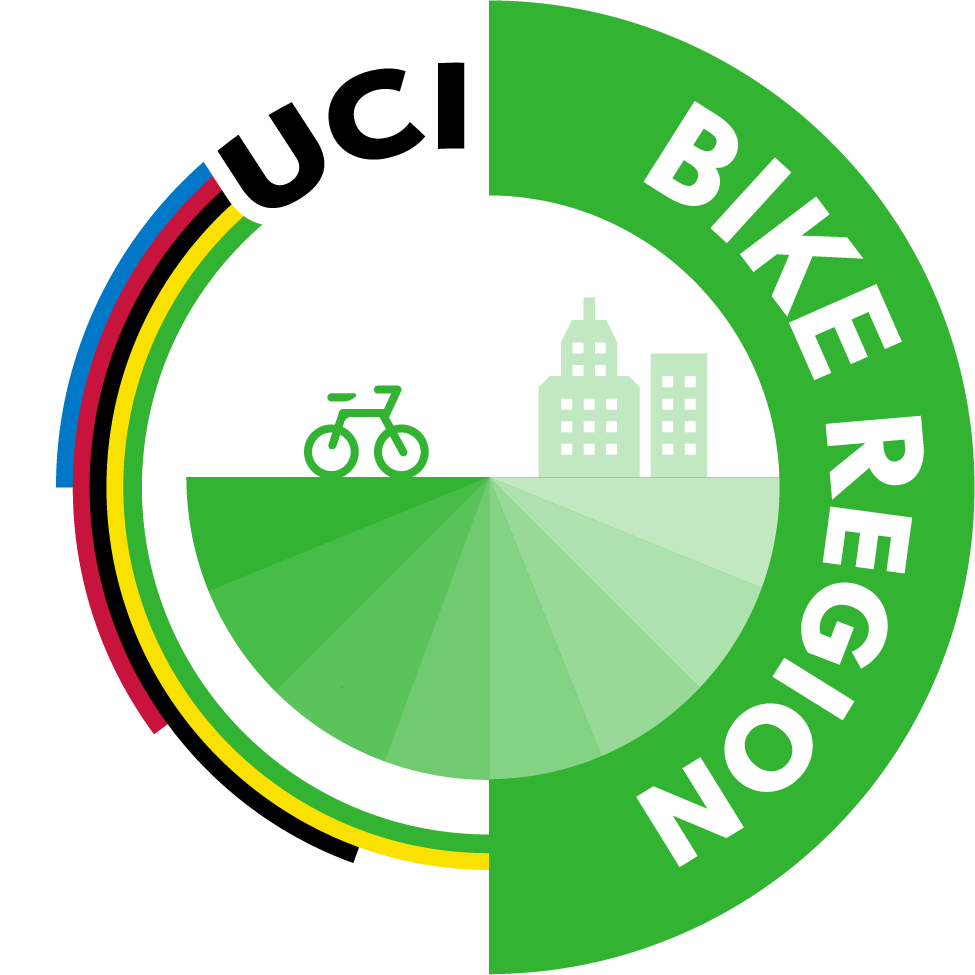About
If we want everyone to go cycling … there has to be a suitable bicycle for everyone. Besides the people who make the conscious choice not to have a bicycle, there are several reasons why at the moment about 1% of the inhabitants of Drenthe (easily 5000 people) does not have a suitable bicycle. These reasons are mainly that people need adapted bicycles and that people do not have the money to buy a bicycle. In the first instance, we focus on the last group, where we immediately create room for the ‘customised’ bicycle.
Cycling to school and cycling to work
Poverty
Drenthe and poverty seem inseparable concepts. The poor and peat colonies, both of which were founded in Drenthe in particular, reinforce this image. Structural poverty affects the inhabitants. The high rate of inheritable poverty leads to a lack of prospects. All possible social disadvantages can be found in these areas. Residents adopt a wait-and-see attitude, consume a lot of care and often hide behind ‘this is not for our kind of people’.
Poverty and attention to vulnerable groups (especially children) are high on the agenda of many political parties in Drenthe. Precisely because it is becoming increasingly clear that the most vulnerable also live the most unhealthy lives: Drenthe has the highest BMI figures in the Netherlands. That is why the plan was born to give children a chance to change their own future – even if only in part -, have an influence on the quality of their own lives and to set a good example to their immediate surroundings: a plan that sets the entire system in motion.
The plan: every child has a bicycle
Every child in Drenthe deserves a bike:
- Which ensures movement
- Which offers the possibility of adapting a healthy lifestyle (for child + family)
- With a bonus: the number of kilometres cycled can be used to earn points that can be used to buy products.
Start implementation: 100 bicycles
In concrete terms, 100 children in Drenthe will be given a so-called ‘Mag-tig’ bicycle. This is a (fun, beautiful and hip) bicycle made in a Drenthe prison with an integrated system that keeps track of the kilometres ridden per child. These kilometres are converted into Health Coins (healthy euros). With these coins it is possible to buy healthy products (both food and activity) for yourself and your family.
Future
In the first instance this involves 100 bicycles, but in the future it should be possible to provide a bicycles for all children who do not have a suitable bicycle, or do not have one at all.
Planning
It is planned that the province will take the lead in the production of the Mag-Tig, municipalities will follow and at the first Label party on 30 January the first bicycle will be presented.
